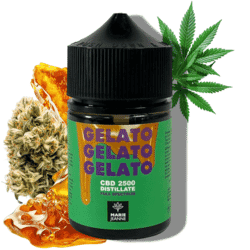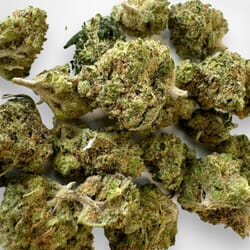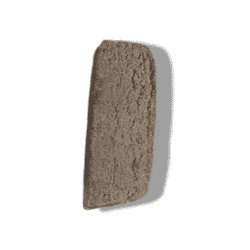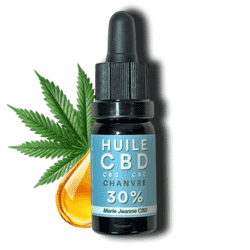CBD AND THC: WHAT’S THE DIFFERENCE?

CBD and THC are both present in hemp plants, but they have very different molecular structures and effects. Let’s find out more.
Two cannabinoids present naturally in hemp
CBD and THC are two molecules that belong to the cannabinoid family. This group contains over one hundred different types of molecules, all naturally present in variable quantities in the cannabis plant.
Although they all have different effects, all these molecules act on the endocannabinoid system, a network of sensors in the human brain and nervous system. However, each cannabinoid acts on a different sensor in the endocannabinoid system, hence each molecule’s different effects.
Two radically opposing effects
THC is the cannabinoid that is the most present naturally in the cannabis plant. This molecule has psychotropic effects, and is generally used for recreational purposes. When it comes into contact with the brain’s sensors, THC stimulates the production of dopamine, thus inducing a mood-enhancing and/or relaxing effect, depending on the plant variety and its THC concentration. CBD is the second most present molecule in the cannabis plant. It works on the sensors present in the nervous system but has no effect on the brain; it therefore has no psychoactive properties. Although some studies suggest it has a sedative effect, its potential effects are not comparable at all with those of THC. CBD may even counteract the effects of THC by calming down the nervous system and limiting the anxiety sometimes caused by THC.
THC is illegal, CBD is legal
Due to its psychoactive properties, THC is illegal in many countries, including France. This potentially dangerous and addictive molecule is classified in Schedule IV of the WHO’s Single Convention on Narcotic Drugs. Although it is currently being reclassified, cannabis that contains THC is officially recognised as a narcotic. Meanwhile, pure CBD is legal as it comes from plant varieties that have been certified free of narcotic properties due to their low THC content (below 0.2%). This condition is already widely applied in France and concerns all CBD products sold in the country, especially e-cigarette liquids.




